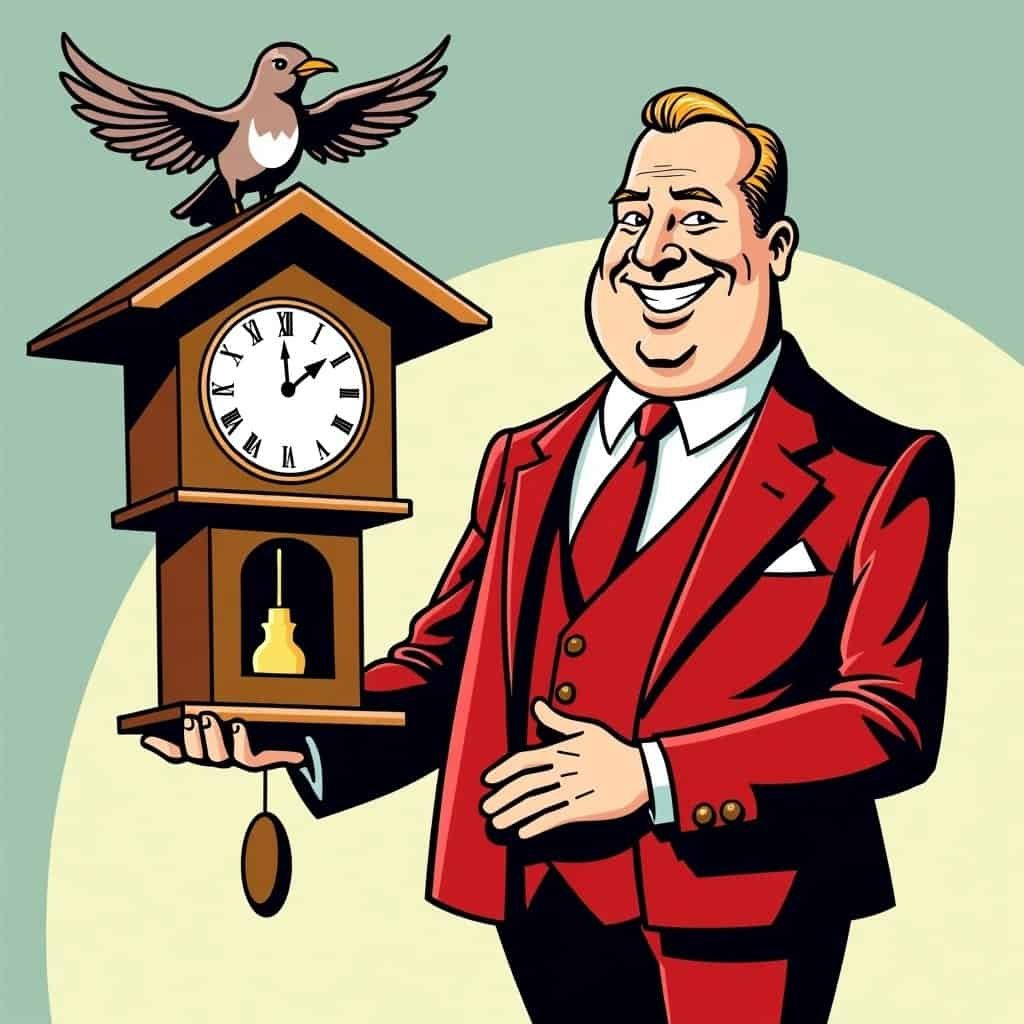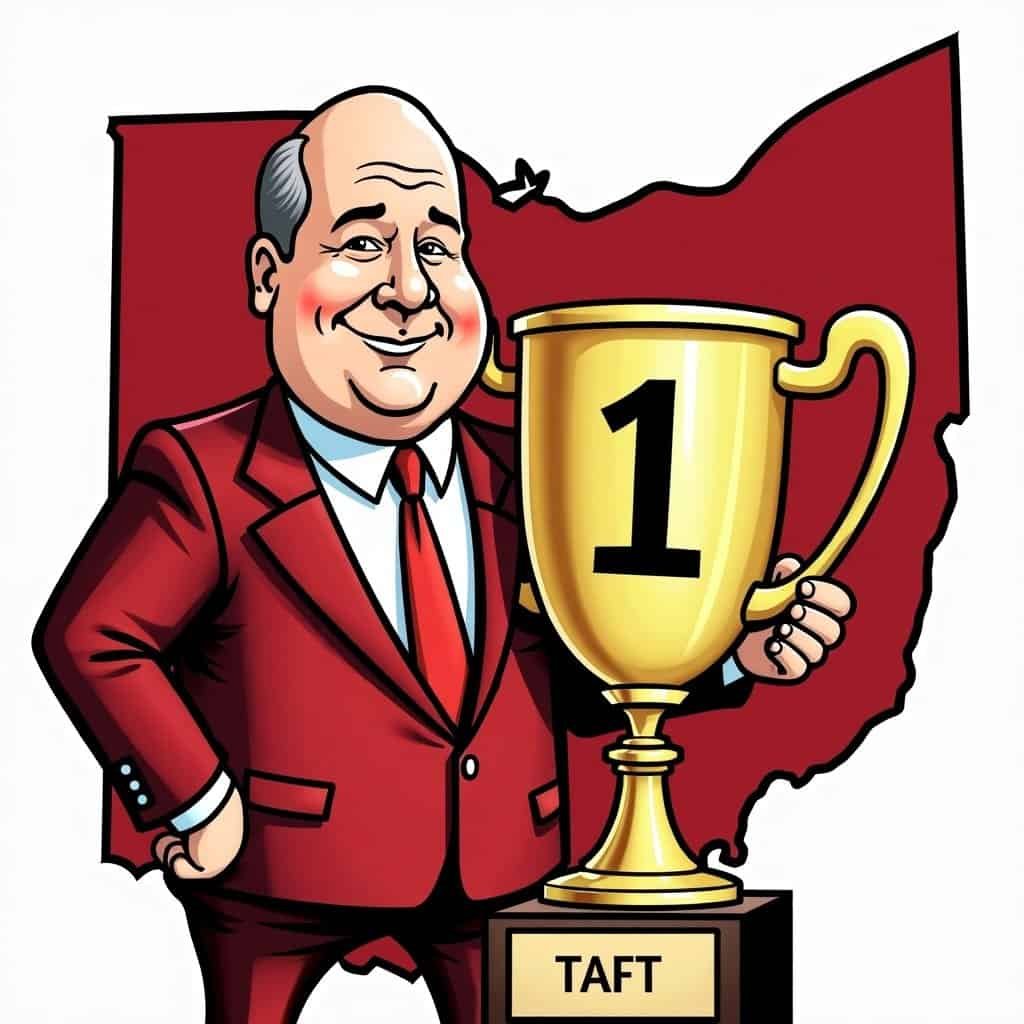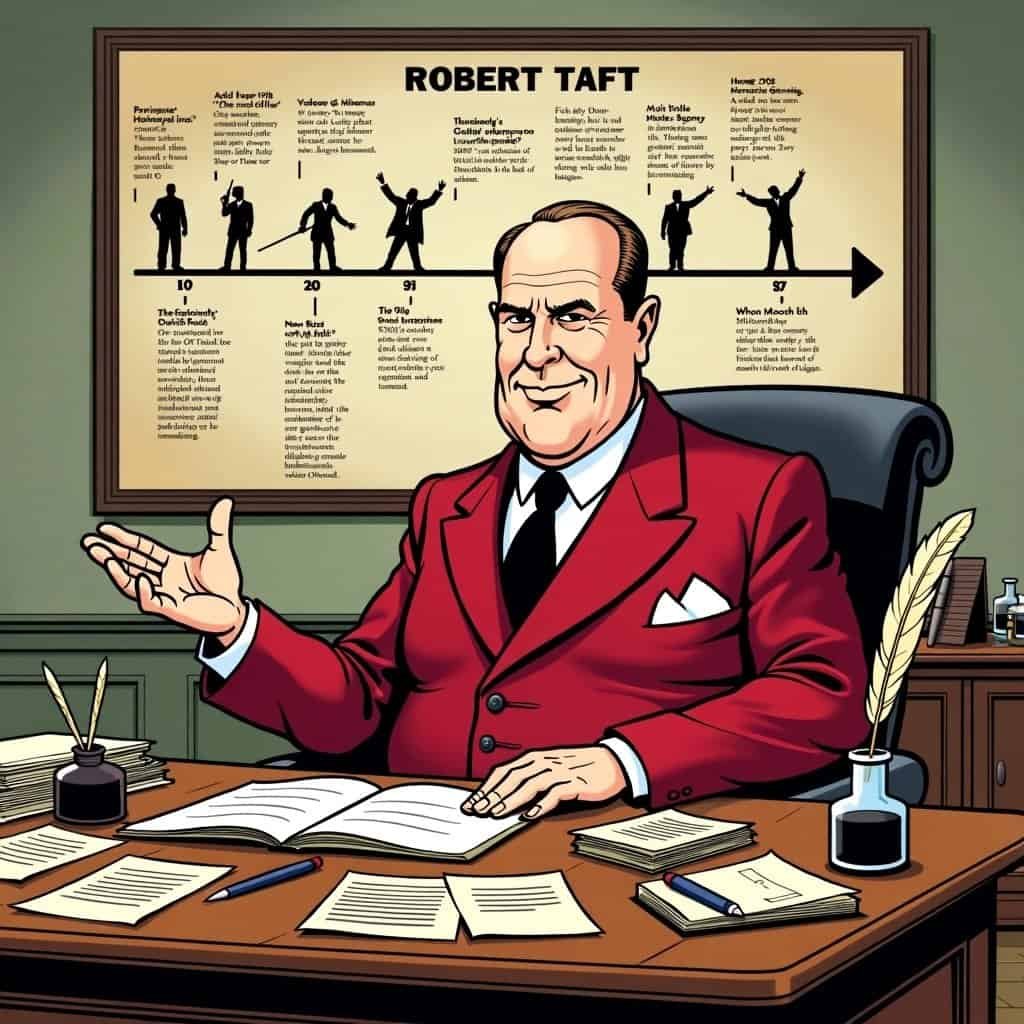Robert Taft could’ve been the poster boy for saying “No thanks” to big government meddling in education. Picture a comic strip called “The Educator’s Ahoy to Federal Beholden” – that’s Taft’s view in a nutshell. This conservative icon believed education should stay as local as a neighborhood potluck.
In the conservative playbook, there’s a golden rule – the smaller the government, the better. Taft knew this like the back of his hand. He was all about local control over education, insisting it’s best left to small town boards rather than big-city bureaucrats. Why? Because when decision-making goes national, it’s about as useful as a chocolate teapot!
While progressives pushed for cookie-cutter education, making sure every school from sea to shining sea sang from the same hymn sheet, Taft clung to his belief in community uniqueness. He got that local schools needed wiggle room – not Uncle Sam’s rulebook – to serve their unique student body. After all, what does Washington know about the annual pig-catching contest in rural Texas schools?
The Problem with Federal Standards
Let’s take a stroll down policy lane. Federal standards, with their ‘one-size-fits-all’ approach, often steamroll local needs and bright ideas. They’re about as welcome in conservative circles as a vegetarian at a BBQ cookoff. Conservatives champion diversity in education, not in the trendy sense, but in practical application – a smorgasbord of methods and ideas aimed at local success, cooked up by folks who share the same zip code as the students they serve.
Taft’s Take on Education: Local vs. Federal
| Local Control | Federal Control |
|---|---|
| Community-driven decisions | One-size-fits-all policies |
| Flexible curriculum | Standardized testing |
| Tailored to local needs | Nationwide uniformity |
| Empowered local educators | Distant bureaucratic oversight |
There’s a saying that federal standards are like a football game where only the refs get to call the plays. Taft, with his no-nonsense style, argued that local educators are the real coaches in their schools, clued in to their team’s strengths and weak spots. They don’t need a federal playbook to tell them a fourth grader in rural Montana probably doesn’t need the same summer reading list as one in the concrete jungle of New York City.
Taft’s Legacy in Education
Robert Taft’s stance against federal education standards is a classic Conservative value, as American as apple pie in a thriving republic where parents, teachers, and local leaders call the shots for the next generation. And in today’s world, it rings truer than ever – a wake-up call to get back to liberty’s roots.
The tug-of-war between centralized, cookie-cutter solutions and nuanced, localized approaches gets folks talking from sea to shining sea. This philosophical arm-wrestling match on education isn’t about turning our backs on progress; it’s about picking paths that boost freedom and individual success without Big Brother breathing down our necks. Let’s leave those educational decisions to communities who know their kids inside and out.
Wrapping It Up
So here’s a toast to Robert Taft, America’s champion of educational ‘Home Rule’ – a legacy that celebrates independence and runs a mile from the red tape of central planning. Let’s keep that flame burning by staying on our toes to protect our schools from becoming just another cog in a federal machine.
When you’re mulling over education policies, take a page from Taft’s book. It’s our duty to keep learning as lively and local as a potluck supper. Because the kitchen of education should cook up lessons tailor-made for its hungry minds, not pre-packaged with federal preservatives.






